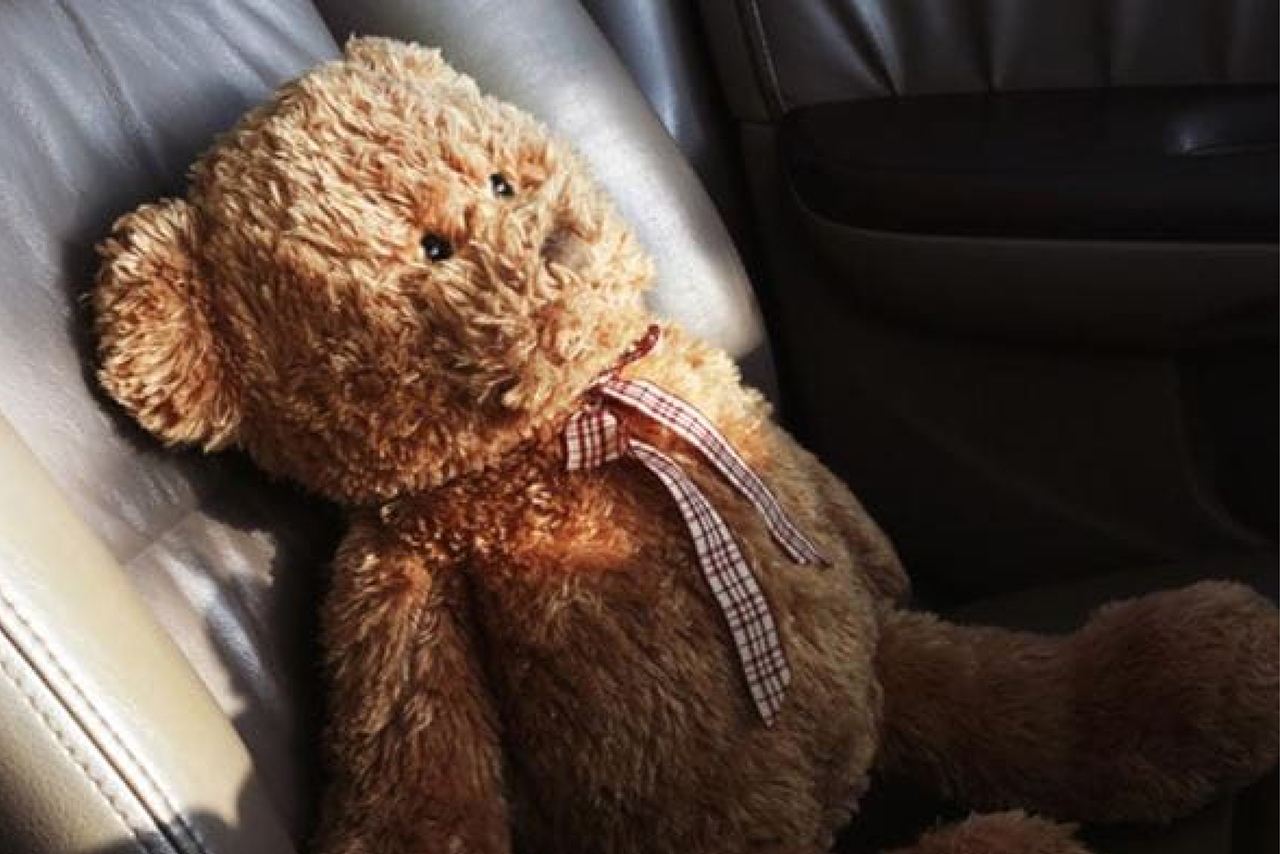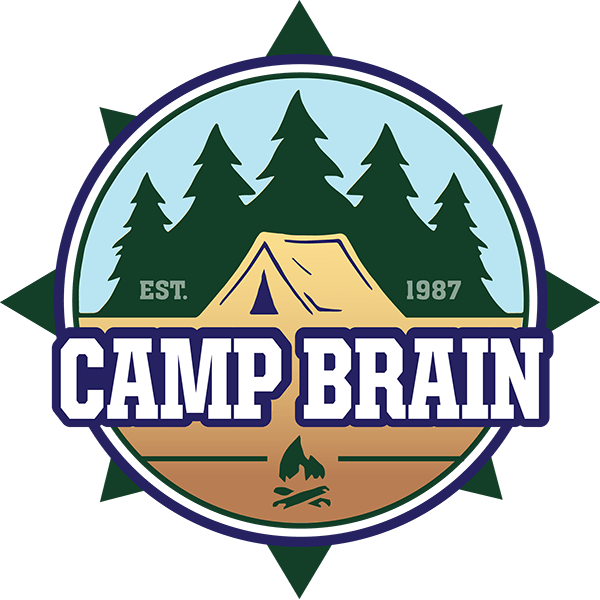Forgetting Children in Hot Cars: How Cautious Parents Can Still Experience the Unthinkable
You never think it can happen to you. However, with our post-pandemic quasi-return to normal, combined with the growing stresses of daily life, it’s easy to become discombobulated.
Even so, it may seem unfathomable that you could forget your child in the back seat of your car. This slip of the mind can be fatal, especially under the gaze of the brutal summer sun. In 2018 and 2019, a record 53 children died due to vehicular heatstroke. During the COVID year of 2020, even with reduced driving, 24 children still lost their lives.
On the surface, it seems like it would be easy to avoid such a tragedy. According to a recent National Highway Traffic Safety Administration report, heat stroke resulting from children being left in hot cars is one of the most preventable forms of sickness and death. But some parents don’t realize how quickly things can turn lethal.
According to a recent National Highway Traffic Safety Administration report, heat stroke resulting from children being left in hot cars is one of the most preventable forms of sickness and death. But some parents don’t realize how quickly things can turn lethal.
Forgetting Children in Hot Cars: How Cautious Parents Can Still Experience the Unthinkable
You never think it can happen to you. However, with our post-pandemic quasi-return to normal, combined with the growing stresses of daily life, it’s easy to become discombobulated.
Even so, it may seem unfathomable that you could forget your child in the back seat of your car. This slip of the mind can be fatal, especially under the gaze of the brutal summer sun. In 2018 and 2019, a record 53 children died due to vehicular heatstroke. During the COVID year of 2020, even with reduced driving, 24 children still lost their lives.
On the surface, it seems like it would be easy to avoid such a tragedy. According to a recent National Highway Traffic Safety Administration report, heat stroke resulting from children being left in hot cars is one of the most preventable forms of sickness and death. But some parents don’t realize how quickly things can turn lethal.
According to a recent National Highway Traffic Safety Administration report, heat stroke resulting from children being left in hot cars is one of the most preventable forms of sickness and death. But some parents don’t realize how quickly things can turn lethal.
Melissa Luxton, MSN, RN, and Trauma Outreach/Injury Prevention Coordinator at Banner-University Medical Center in Phoenix, explains it this way:
“Even when it feels cool outside, cars can heat up to dangerous temperatures very quickly. Leaving a window open is not enough; temperatures inside the car can rise almost 20 degrees Fahrenheit within the first 10 minutes, even with a window cracked open. The temperature inside a car can reach over 115 degrees when the outside temperature is just 70 degrees. “
As Luxton further notes, “Children who are left unattended in parked cars are at greatest risk for heat stroke, and possibly death. A child’s body temperature can rise three to five times faster than an adult’s.”
Most parents would never purposely leave a child unattended in an enclosed vehicle for long periods of time. It’s not uncommon for people to label those who accidentally do so as “selfish,” or “irresponsible.” However, the reality is, it’s not that simple, especially when your brain is working against you.
We’re essentially wired to operate many tasks on autopilot. When there’s a change in routine, the brain prioritizes the patterned mental muscle memory. It has us believe everything is copacetic.
Even slight deviations from the norm, like a phone call or suddenly hearing a favorite song on the radio, can force the brain to activate its automatic response center, putting an infant or toddler out of a parent’s consciousness.
Researchers attribute this apparent memory lapse to a phenomenon known as Forgotten Baby Syndrome and say it can happen to anyone.
Here’s how it works: Every day, you perform a variety of tasks that become routine and require little conscious thought. These are governed by the basal ganglia, or the motor cortex.
Conversely, the brain’s hippocampus is the part of the brain responsible for memory, helping you make conscious decisions, like driving to work. However, if you now have a break in the routine, like unexpectedly stopping for gas, the motor memory and cognitive parts of the brain compete with each other.
In this example, you could leave home intent on stopping at daycare to drop off your little one, but once you hit the road, your mind enters work mode, and you head straight to the office – as you normally do. You may be thinking about a report that’s due, or another driver cuts you off. The distraction resets your brain.
Once at work, you suddenly realize daycare never crossed your mind…and neither did the fact that your child was in the backseat. This is a normal part of the brain’s function and doesn’t indicate anything wrong with its structure.
Carrie Collins-Fadell, Executive Director of the Brain Injury Alliance of Arizona, sees parallels in this response with symptoms experienced by people with brain injury. “Sticking to routines is imperative to survivors. To get through the day, they must learn to make lists and constantly be aware of their schedules and surroundings. It really is a battle between both parts of the brain— one that drives the routine and the other that makes conscious decisions.”
She points out that during the summer, people often take a break from their normal work and school routines (hence, “summer break”). “We plan and take out-of-town trips, bring kids to different activities, and generally rush around more, leading to a sense of confusion. This upheaval could be felt even more strongly by people with cognitive impairments such as a brain injury, PTSD, or those recovering from COVID-19. Awareness and education are the keys to saving lives.”
With this additional insight, parents need to take conscious precautions and utilize specific safety strategies.
New technology is available to help prevent disaster. Various Nissan, Subaru, Toyota, and Hyundai models have rear seat reminders, including chime and dashboard messages that remind the driver to check their backseat. AIso available: a horn that blares when the car door is locked, triggering a push alert message that’s sent to the corresponding smartphone.
Technology isn’t the only solution. According to Consumer Reports and the American Academy of Pediatrics, the following should become habits:
- Don’t leave children unattended in a vehicle. Even if the windows are open, there is still high risk for heat-related illness and death.
- Create safeguards. For instance, parents can advise daycare providers if their child will be late; in return, the provider can inform parents if the child doesn’t show up.
- Set reminders on your phone. Check with your spouse to make sure the child was dropped off.
- Create visual reminders. Fill the front seat with the child’s clothes, diaper bag, or other personal items.
- Lock the car doors and trunk, even when parked. Even if it’s on the driveway or in the garage, this will keep children from hiding and playing in it. Keep keys out of children’s reach. If a child is missing, automatically check the pool and then the car.
- Force yourself to go to the back seat. Keep your personal items (e.g., purse, briefcase, keys, work ID, etc.) in the back seat, necessitating you to check there every time you park.
- Call 9-1-1 for help if you see a child trapped in a car. Stay with the child and car until emergency professionals arrive.
This tragedy can happen to any parent; to prevent it, we must start outsmarting our brains.
ABOUT BRAIN INJURY ALLIANCE OF ARIZONA
The Brain Injury Alliance of Arizona (BIAAZ) is the only statewide nonprofit organization dedicated to improving the lives of adults and children with all types of brain injuries through prevention, advocacy, awareness and education. BIAAZ also houses the Arizona Brain Health Resource Center, a collection of educational information and neuro-specific resources for brain injury survivors, caregivers, family members and professionals.
What began in 1983 as a grassroots effort has grown into a strong statewide presence, providing valuable life-long resources and community support for individuals with all types of brain trauma at no charge.
The Brain Injury Alliance of Arizona:
- Works with Congressional Brain Injury Task Force
- Houses Arizona Brain Health Resource Center
- Hosts Statewide Opioid Use Disorder & Cognitive Impairment Workgroup
- Has Statewide Opioid Use Disorder & Cognitive Impairment Response team with peer support, training, and family wraparound services
- Facilitates Brain Health Advisory Council
- Manages statewide Neuro Info-Line: 888-500-9165







